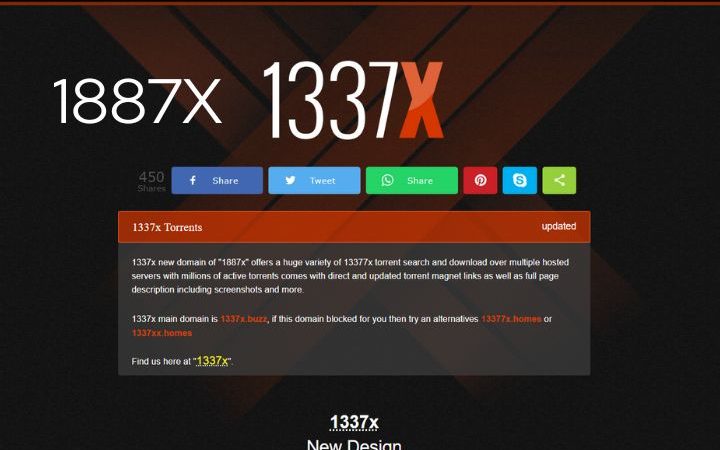The Legality of Online Poker: Understanding the Laws and Regulations of Poker Globally

The popularity of online poker has grown rapidly in recent years, with millions of players around the world participating in the virtual version of this thrilling card game. However, the legality of the gambling game is a complex issue that varies from country to country.
In this article, we will discuss the laws and regulations of online poker globally, with a focus on the United States, Canada, Australia, and the United Kingdom. We will delve into legal resources available in each territory and take insights from information on Poker Laws and other relevant websites. We will also provide a brief history of the gambling game to help readers better understand its current state.
Table of Contents
History of Online Poker
Online poker first appeared in the late 1990s with the launch of Planet Poker, the first real-money poker site. The game quickly gained popularity, and by the early 2000s, several other online gambling sites had emerged. However, poker laws and legislations were unclear at the time, and many countries had yet to establish clear regulations for the game.
In 2006, the United States passed the Unlawful Internet Gambling Enforcement Act (UIGEA), which made it illegal for financial institutions to process transactions related to internet gambling. This led many poker sites to stop accepting players from the United States, and the industry experienced a significant decline.
In 2011, the United States Department of Justice (DOJ) seized the domains of several major betting sites in what became known as “Black Friday.” The DOJ accused these sites of violating the UIGEA and engaging in money laundering, among other charges. This event had a profound impact on the online poker industry, and many players were left without access to their funds.
Despite these setbacks, the internet gambling industry has continued to thrive in many countries, with players enjoying the card game legally and safely. Let’s take a closer look at the laws and regulations of online poker in four different countries.
United States
As mentioned earlier, the UIGEA made it illegal for financial institutions to process transactions related to online betting. However, the law does not make it illegal for individuals to play poker online. Some states have even passed their own laws legalizing and regulating online poker, including Nevada, New Jersey, and Delaware. However, players in other states are still prohibited from betting on poker games for real money.
In addition to the UIGEA, the Wire Act of 1961 also applies to internet gambling. This law prohibits the use of wire communication facilities to transmit bets or wagers. However, the Department of Justice issued an opinion in 2011 stating that the Wire Act only applies to sports betting, not online poker.
Canada
In Canada, online poker is generally considered legal, but the laws and regulations surrounding the game can be complex and confusing. Here is a brief overview of the legal landscape of virtual poker betting in Canada:
- Federal Laws: The Criminal Code of Canada regulates gambling activities in the country. It does not explicitly mention online poker, but it does state that all forms of gambling that are not expressly authorized by the government are illegal. However, the Criminal Code allows provinces and territories to operate and regulate their own gambling activities, including online poker.
- Provincial Laws: Each province and territory in Canada has its own gambling laws and regulations. Most provinces have legalized and regulated online poker, with the exception of Saskatchewan and Newfoundland, and Labrador.
- Licensing: In provinces where online poker is legal, the government typically licenses and regulates the sites that offer the game. Players can only legally participate in online poker on licensed sites.
- Taxation: All gambling winnings, including those from online poker, are subject to taxation in Canada. However, players are only required to pay taxes on winnings that exceed a certain threshold.
United Kingdom
In the United Kingdom, online gambling is legal and regulated by the UK Gambling Commission. This includes online poker, which is a popular form of online gambling in the country. The UK has some of the most stringent regulations in the world for online gambling, with operators required to adhere to strict standards to ensure the safety and security of players.
Australia
Online poker is currently illegal in Australia following the passage of the Interactive Gambling Amendment Bill in 2017. This law prohibits offshore online poker sites from offering their services to Australian players. However, despite the risks, some Australian players continue to play on offshore sites.
Conclusion
In light of the varying attitudes towards online poker, it is important for individuals interested in playing the game for real money to research the laws in their specific jurisdiction before engaging in the activity. Moreover, as technology continues to evolve and the online gambling landscape continues to change, regulations regarding online poker may shift in the future.
Therefore, it is crucial for players to stay informed and aware of any legal developments that may impact their ability to participate in the game. It’s also pertinent for bettors who have attained the legal age of gambling to always bet responsibly and avoid any form of addiction.
Also Read: Strengthen Cyber Resilience – How To Prepare Yourself For Dealing With Cyber Attacks.






